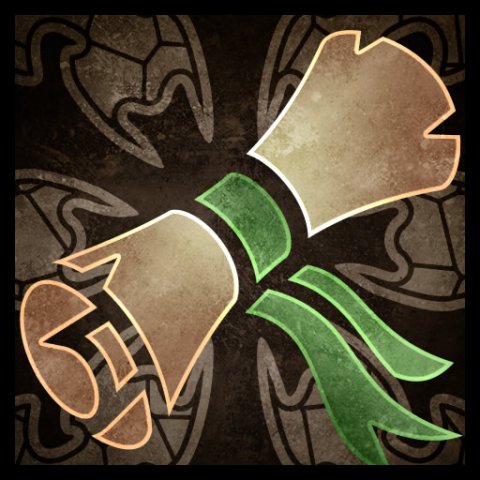

One of our Design Principles for Causeway is:
Bringing out the Best in Teamwork and Leadership
You should not only expect other players to be receptive to playing a team game: you should get used to it.
Designing a game to facilitate leadership (the good kind) isn't easy, but one of the things that helps is doing some background reading on the topic: our "homework" if you will.
Yesterday I was doing some homework by listening to a recently-launched podcast by the John Maxwell Company, who produce books and resources about leadership.
During the podcast, Maxwell said something that caught me off guard:
You cannot lead people that you need.
If you need people, you'll not ever lead them effectively because your need for them will be so great that you'll never make the right decision. You'll make palatable decisions, you'll make decisions that they like, but you can never lead them: you can especially never lead them in uncharted territory because you've gotta have approval.
I took a moment to process that.
The context here was about insecurities: if a leader depends on their people for validation and self-esteem, then their decisions become biased.
I felt the phrase resonated with me in relation to a different topic: one that's come up when discussing Causeway design before. That is, reducing dependence on teammates.
It's the Numbers
What do I mean by dependence?
Lets imagine two scenarios where a team depends on a star player, who then walks out. No substitutions allowed!
Tug-of-war:
Imagine you're on a team that plays tug-of-war. One player on the team is a natural fit: they have exceptional bulk and strength. With them at your side, winning is easy.
If they walk out, you simply won't have the kilograms to compete any more. Game over.
Soccer:
Next, you're on a team which plays soccer. One player on the team is a Ronaldo, and with them at your side winning is easy.
If they walk out the game might be hard, but any other player could step up to the challenge, have a good day, and win. That's because soccer emphasises skill and teamwork opportunities, so a numbers advantage isn't everything.
What happens when a player vanishes mid-match in a lane-pushing game?
We see a middle ground. There is lots of emphasis on skill and teamwork opportunities. At the same time some characters, like those in a carry role, are numerically superior in the late game. Winning without your carry is tough.
Here we'll decide on a definition. In the context of this article and Causeway design:
Dependence is when a team needs someone for their numbers.
That could be the damage output from a carry late game, the extra body to soak experience, or anything similar.
Hostage Situation
When a team has a numerical dependence on one player, that player has lot of power in the team dynamic. This is especially true if they have purview over the win condition, which is often the case with late-game carries. Their dps happens to be the most efficient thing for killing buildings.
That brings us back to our quote. When I heard "you cannot lead people that you need" in the podcast, I thought back to my days playing Heroes of Newerth. Sometimes when a player was being disruptive or egotistic, their team would respond with: "don't need, go feed".
My experience was generally people who heard that didn't go feed.
Instead, they took the hint: "we aren't planning to depend on you for numbers, we will win on skill and teamwork opportunities." "You won't disrupt our direction." In other words:
"don't need, can lead!"
I'm not a fan of designs where dependence becomes a significant factor. Team dynamics should be better by default. Lets briefly visit what Causeway plans to do differently.
Attainable Win Conditions
On our homepage, we've previously described the economy as one mechanism which reduces dependence. We've also shared that character designs aren't pigeon-holed into just one role, which allows more freedom to adapt late-game.
Here's a hint about another upcoming mechanic that helps to reduce dependence: every character in Causeway can damage buildings. That's baseline, just like every character can Teleport.
Why insist on this? Damaging buildings is what wins the game. Having tools to win shouldn't be a privilege for heroes with high physical dps, certain spells, or who happen to be building armour reduction.
The result is we reduce dependence, and help keep the focus on player skills and teamwork opportunities. Which is exactly where we want it.
The Crafting Causeway series aims to introduce the features of our upcoming game, while also sharing insights about lane-pushing game design, and opening the grounds of discussion: with a view to improving the genre as a whole.
See more articles or leave a comment below.
You can find that podcast here (12m50s).
- Log in to post comments